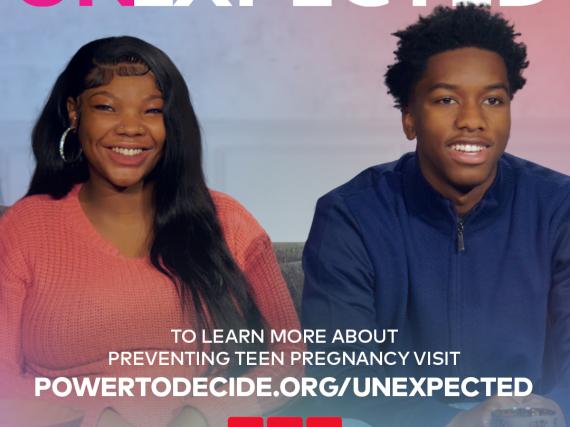New Research Shows More Teens Are Using Contraception
In the 1990s, the high prevalence of teen pregnancy in America compelled elected officials and community leaders to increase access to and information about contraception. Since then, the US birth rate among females age 15-19 has declined by 72%. Despite the progress, the declines have been disproportionate, and birth rates among Hispanic and Black teens are still almost double that of their white peers.
Equally concerning is the data from a recent survey from the Centers for Disease Control and Prevention (CDC) regarding the inconsistent use of contraception among high school youth. According to the survey, 23.2% of Black youth and 12.8% of Hispanic youth did not use any form of birth control to prevent an unplanned pregnancy the last time they had sex. In contrast, only 6.8% of white youth reported not using any form of contraception. It is alarming to see disparities in the use of contraception among Hispanic and Black youth who are sexually active.
Substantial research supports the notion that increased access to and consistent use of contraception has helped to contribute to historic declines in teen birth rates. Despite these increases, as a result of the administration’s domestic gag rule, more than 900 clinics have been forced to leave the Title X Family Planning Program, which is responsible for providing free or low-cost contraception and related services to people most in need. Moreover, in the US more than 19 million women of reproductive age in need of publicly funded contraception live in contraceptive deserts, which are counties without reasonable access to the full range of contraceptive methods.
The current administration’s efforts to limit access to contraception has only served to exacerbate the lack of access those who need it most. We recognize the most recent CDC data further underscores the need to improve access to and information about contraceptive usage among all youth. We will continue our work to ensure that all young people have access to accurate and comprehensive high-quality sex education in order to make informed decisions around all aspects of sexual relationships. Increasing such access to resources will help ensure that all young people have the power to decide if, when, and under what circumstances to get pregnant and have a child.



